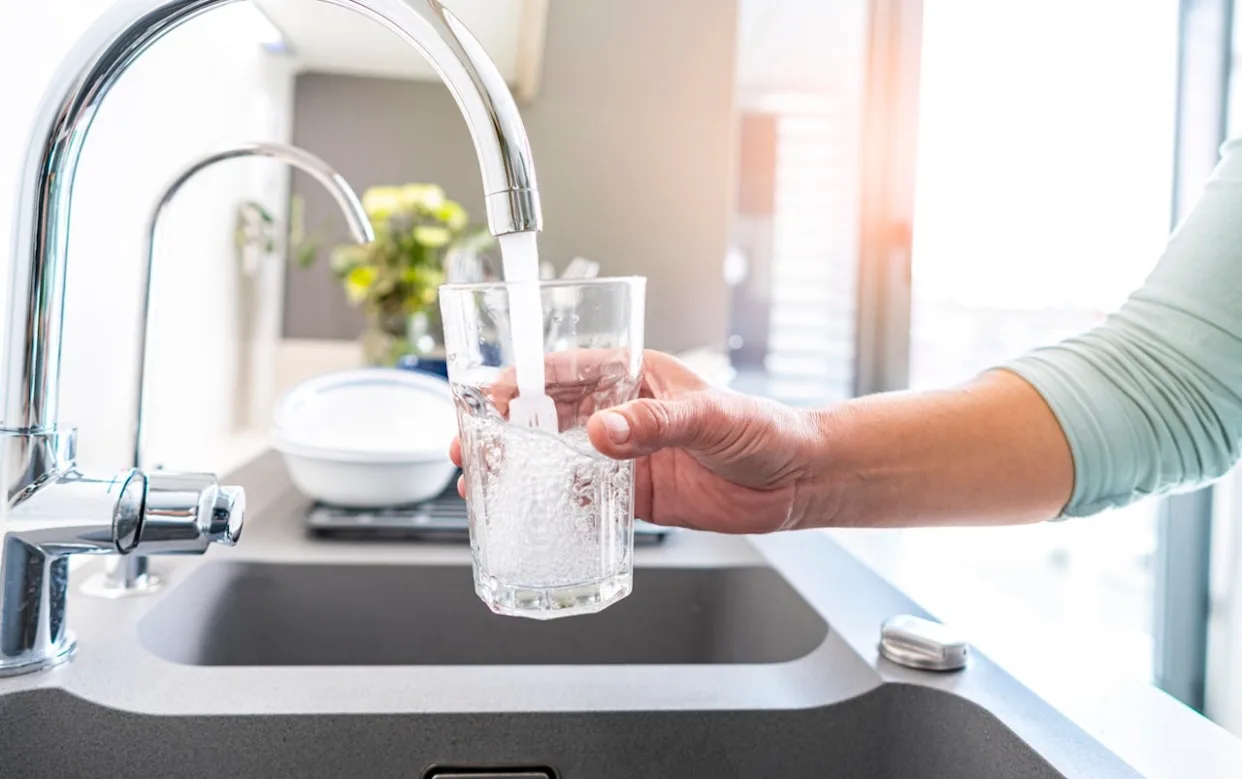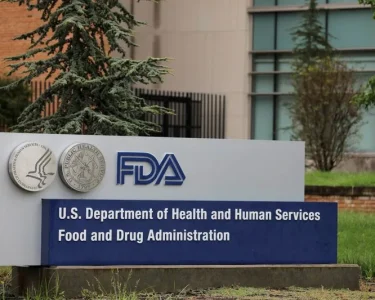Is It Safe to Drink Tap Water? Access to clean drinking water is crucial for maintaining health, but not all water sources are created equal. While tap water is a convenient and affordable option in many households, questions surrounding its safety remain. Whether you’re concerned about contaminants, water treatment processes, or health risks, understanding the quality of your tap water can help you make informed decisions. So, is tap water safe to drink? We asked doctors for their expert opinion.
Understanding Tap Water Quality
Tap water in most developed countries undergoes rigorous treatment to meet safety standards. According to the Environmental Protection Agency (EPA) in the U.S., tap water is treated with chlorine to kill harmful bacteria and other pathogens. Additionally, the water is filtered to remove pollutants such as lead, mercury, and pesticides.
However, despite these safeguards, tap water safety can vary depending on where you live. For instance, older homes may have lead pipes that can leach into the water supply, posing significant health risks. Likewise, agricultural runoff can introduce harmful chemicals, like nitrates, into local water sources.
What Are the Risks of Drinking Tap Water?
While most tap water is safe for consumption, it is not entirely without risks. Dr. Susan Morgan, a public health expert, explains, “In areas with aging infrastructure or minimal water treatment, tap water may contain contaminants that pose health risks. Lead, arsenic, and other pollutants can sometimes go undetected until issues arise.”
Some common risks associated with unsafe tap water include:
- Lead Contamination: Lead can leach into the water supply through corroded pipes, causing developmental issues in children and long-term health effects in adults.
- Bacterial Infections: In rare cases, untreated or improperly treated water may contain bacteria like E. coli or Giardia, leading to gastrointestinal illness.
- Chemical Contaminants: Pesticides, industrial chemicals, and pharmaceuticals can find their way into the water supply, posing health risks if consumed over long periods.
How Can You Ensure Your Tap Water Is Safe?
While water treatment facilities are in place to ensure public health, it’s essential to take extra steps to ensure the safety of your tap water, especially if you live in areas with potential risks.
1. Test Your Water
Testing your tap water at home or through a professional service can provide peace of mind. “Many people are unaware that they can request water testing kits from local health departments or purchase one online,” says Dr. Morgan. Water tests typically screen for contaminants like lead, chlorine, nitrates, and bacteria.
2. Filter Your Water
Using a water filter is a simple and effective way to remove impurities from tap water. Filters come in different types, such as pitcher filters, faucet attachments, and under-sink systems, each targeting various contaminants. “Activated carbon filters are great for removing chlorine, lead, and mercury,” Dr. Morgan adds. “For bacteria, a reverse osmosis system works best.”
3. Monitor Local Water Quality Reports
Many municipalities provide annual water quality reports, which detail the contaminants found in the water supply and how they are treated. Keeping an eye on these reports can help you stay informed about the quality of your local tap water.
Are Bottled Water and Tap Water the Same?
One common question people ask is whether bottled water is a safer alternative to tap water. While bottled water is convenient and often marketed as pure, it may not always be safer. In fact, some bottled water brands source their water from local tap supplies. The primary difference lies in the additional filtration and purification processes that bottled water undergoes before being packaged.
Additionally, bottled water can pose environmental concerns due to plastic waste. “In most cases, tap water is just as safe as bottled water when properly filtered, and it’s a more environmentally friendly option,” notes Dr. Morgan.
Special Considerations for Vulnerable Groups
Certain populations are more vulnerable to the risks posed by contaminated water. Pregnant women, infants, elderly individuals, and people with weakened immune systems should take extra precautions when drinking tap water. For instance, Dr. Morgan recommends using water filters certified to remove lead for households with young children or pregnant women.
For those with compromised immune systems, boiling water or using advanced filtration systems can add an extra layer of safety. Boiling tap water kills most bacteria and viruses that may be present, providing peace of mind when safety is a concern.
Should You Drink Tap Water?
So, is it safe to drink tap water? For most people living in areas with reliable water treatment systems, the answer is yes. Tap water provides an affordable and accessible way to stay hydrated. However, it’s essential to be aware of potential risks, especially if you live in an area with old infrastructure or specific contaminants like lead. Regular testing, filtration, and staying informed about local water quality can ensure that your tap water is safe to drink.
For those who remain concerned, filtering your water or opting for bottled water in moderation can provide peace of mind. Just be mindful of the environmental impact of bottled water.
Finally, it’s essential to remember that clean water is a vital part of maintaining good health. Ensuring your water’s safety is a simple step that can have a lasting impact on your well-being.
For more expert tips on health and lifestyle, visit Digital Digest.





